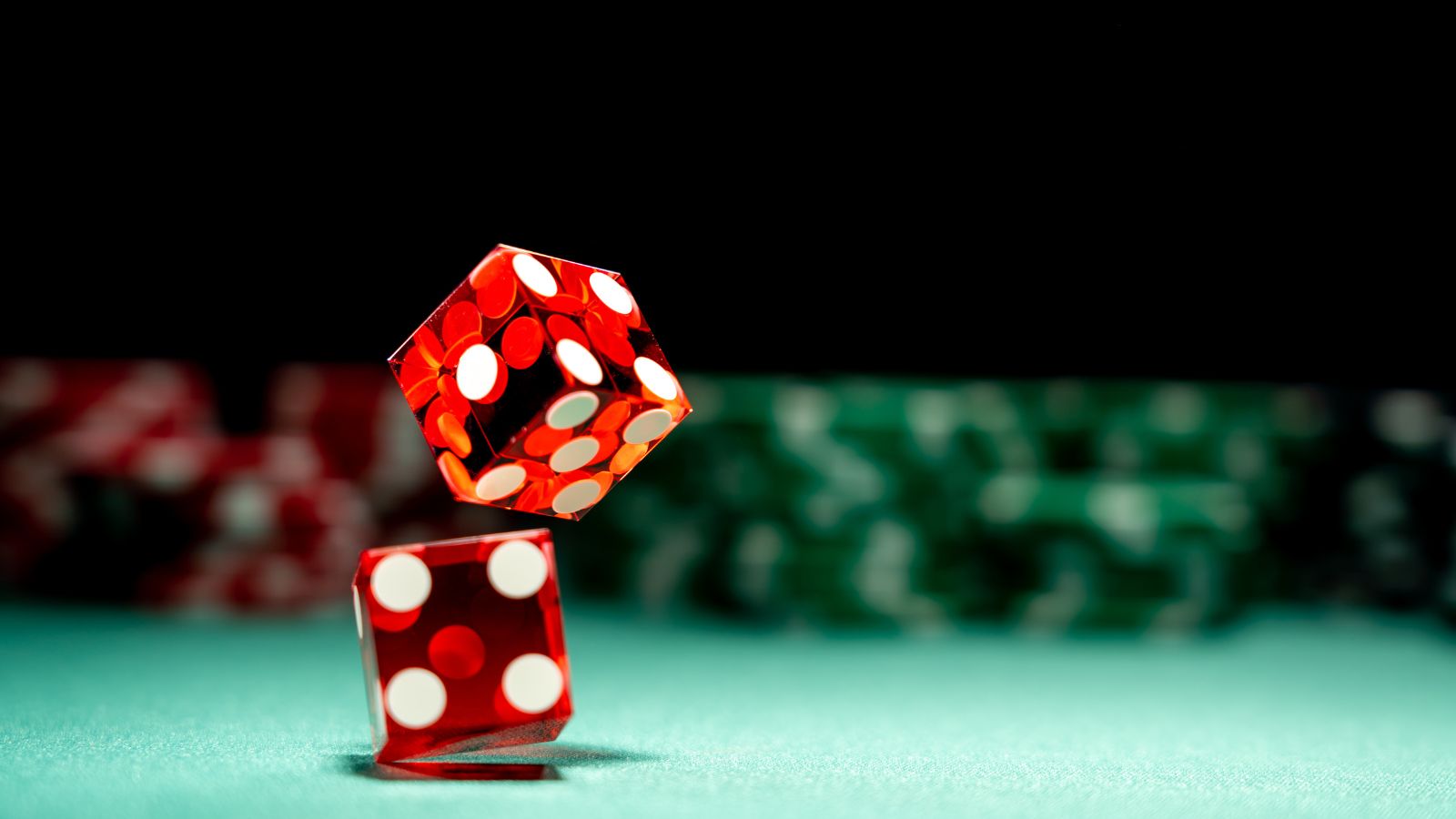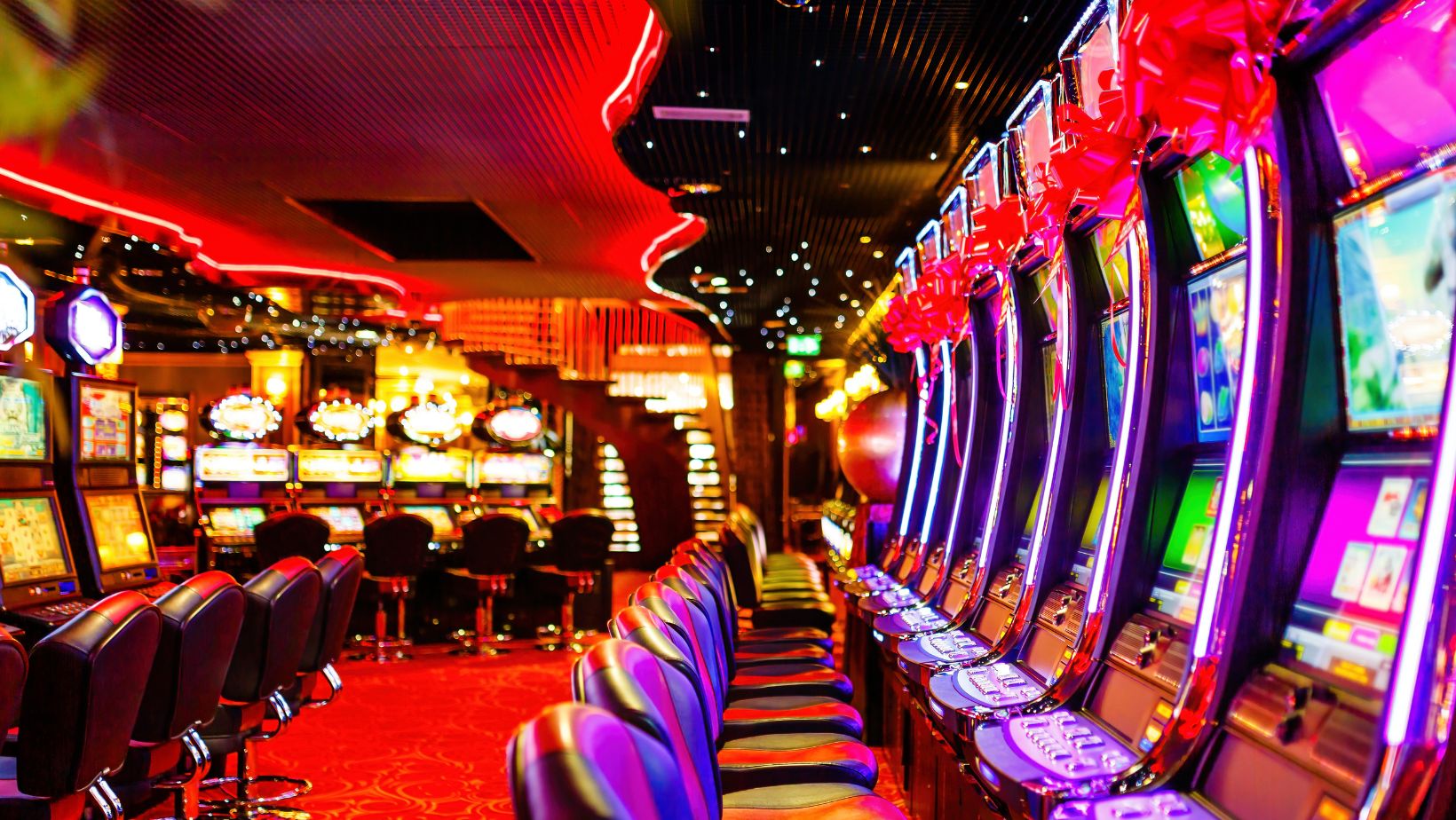
Australia is perhaps the most extraordinary country in the world. Just look at the incredible wildlife and magnificent nature. However, Australian traditions, the most popular of which we will tell you about, deserve a separate discussion.
Traditional Holidays and Memorial Days
The Australian calendar is filled with a variety of holidays and special occasions. In addition to festive days common to Western civilization, such as Christmas or Easter, the most significant holidays are the following.
Australia Day
Australia Day, also formerly known as Foundation Day, is the largest annual national holiday, celebrated on January 26. This day commemorates the landing of a British expedition to Australia in 1788. The newly discovered colony was then named New South Wales. Although the discoverers had no idea they were landing on a new continent; this day is considered to be the start of the development of the territory, which was destined to become the base for the future Australian state.
Australia Day is accompanied by an extensive celebration that includes:
- new entries to the list of honorary citizens;
- the appointment of Australians of the Year;
- numerous festivals and concerts.
The largest festival takes place in Sydney – all the Commonwealth entities are represented. Australia Day was first celebrated in 1818 on the 30th anniversary of the landing.
NAIDOC Week
NAIDOC is a short form for National Aborigines and Islanders Day Observance Committee. It was originally a day of mourning to commemorate the Australian Aborigines who suffered during barbaric colonization.

The first such event was held in 1938, then it was the National Day of Mourning, the purpose of which was to draw attention to the current plight of the descendants of the Aborigines. NAIDOC Week took on its modern form around 1991. The program includes art contests, music shows, cooking festivals, and other activities designed to promote the cultural heritage of indigenous peoples of the Australian continent.
The week finishes with a grand ball culminating in the NAIDOC Awards ceremony. Do you want to find out more? Read https://en.wikipedia.org/wiki/NAIDOC_Week.
Sydney Arts Festival
This is Australia’s largest festival, held in Sydney every January for three weeks since 1977. A variety of events (mostly free of charge) present the public with achievements in
- theater;
- cinematography;
- circus;
- visual arts;
- classical, contemporary, and traditional Australian music.
The processions of the descendants of the Aborigines of Australia and Tasmania with their traditional attributes – weapons, musical instruments, battle paintings – attract a great deal of attention.

Lovely Traditions
Not all Australian traditions are so serious. There are also many nice habits that Australia is famous for.
- Boxing Day, although it should actually be called Unboxing day, is the traditional day of unpacking Christmas presents. In Australia and some other Commonwealth countries, they traditionally want to be received on Christmas Day (the night of December 24-25) to be opened the next day. Until then, they are kept in their carefully wrapped boxes.
- Talking to the cab driver – Unlike in the USA and many other countries, a cab passenger in Australia sits not in the back seat but in the front seat of the cab, next to the driver, and engages in a nice, small conversation.
- Meat pies have become popular as a means of satisfying fans’ hunger during long soccer matches. Small pies the size of a hand’s wrist are the best way to go. In addition to minced meat, they are generously flavored with onions. The filling can also include mushrooms, cheese, and other additives.
- Gambling is a significant part of life in Australia, not for nothing; this land is often called the most gambling country in the world. The average Australian spends $1,300 a year on offline and online casino games Australia, and the combined revenue of gambling operators reaches $6 billion, which is a sensitive share of the national budget. FairGo casino for Australian players offers a wide range of games for all tastes.
- Muck-up day, or Prank Day, is a time for high school, college, and university graduates to party, although all students are welcome to join in the fun. Consider, however, that high school graduates no longer need to fear the disciplinary consequences of their jokes that are not always harmless, which is not the case for freshmen.
- Schoolies week is another tradition affecting graduating seniors. It is a kind of week-long prom, an opportunity to have one last fun together with classmates who have not yet been scattered by life, perhaps forever. It takes place at the end of the final examinations. There is a certain gradation of participants:
| 1 | toolies | The graduates themselves are the main protagonists of the action, as well as active participants in the various upheavals that come to the media spotlight |
| 2 | droolies | Elementary school graduates celebrating their transition to high school. |
| 3 | foolies | They are also known as pre-schoolies – students who have to continue their education but who nonetheless join in the festivities |
7. Macca’s Run is a tradition of ending the evening with a drive-in at a cheap diner with junk food. The posher the evening was before, the more low-key the snifter should be. The word Macca means McDonald’s in the slang of the local teenagers.
8. Seafood at Christmas? No wonder, since Australia is a country where everything is the other way around, even Christmas is not a winter holiday there, but a summer one. So why not replace turkey, goose, and pudding with shrimp, mussels, and squid?
9. The Melbourne Cup outrage – as soon as Australia’s most prestigious equestrian event is over, the arena is immediately abandoned to the spectators. The space where horse racing used to be is now filled with barefoot men and women indulging in moderate (and not-so-moderate) indulgences. Though one must admit, for the past couple of decades, this event has been more of a tribute to tradition, and it usually doesn’t come to blatant outrages.
10. Here you can hear short names that are not common in other English-speaking countries. Above, we have already talked about the fact that McDonald’s is called Macca in Australia – this is no accident because it has its own unique tradition of shortening names. So, David will be called Davo instead of Dave, John will be called Johnno instead of Johnny, Sharon will be called Shazza, and Lauren will be called Loz. What can we say if even their fellow countrymen are collectively called Aussies, not Australians?
Of course, these are not all Australian traditions, but we have tried to tell you about the most interesting ones.









